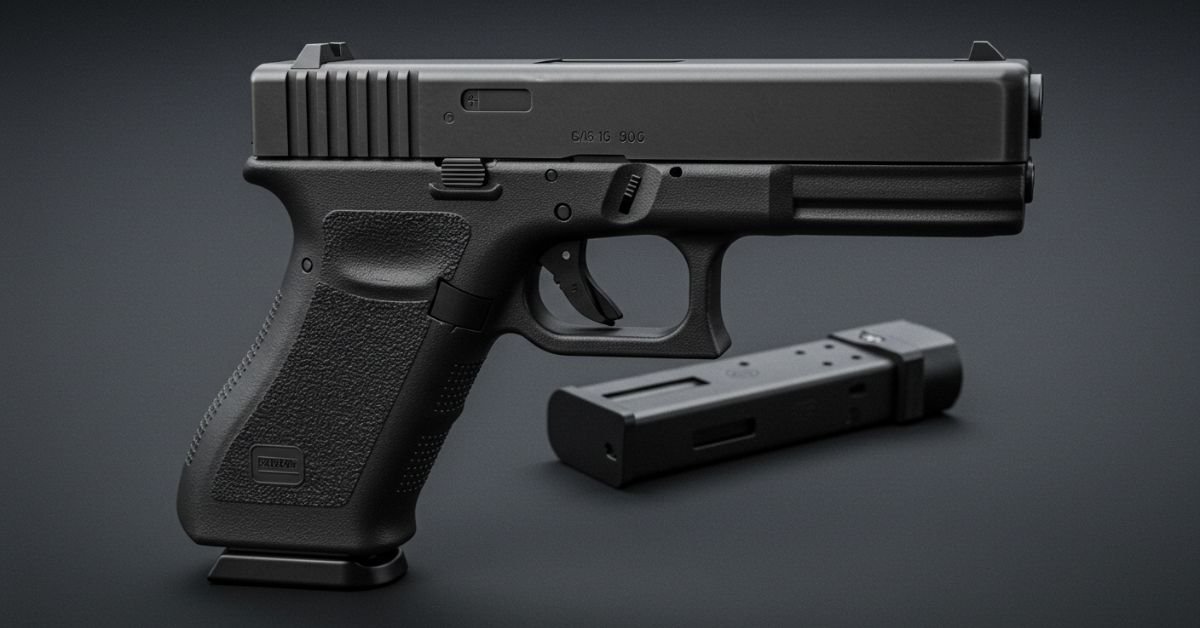Choosing a firearm for self-defense is a big decision — and a personal one. Whether you’re a first-time buyer or an experienced enthusiast looking to upgrade, finding the right firearm means balancing safety, reliability, and comfort with your specific needs. For U.S. buyers exploring options, trusted online platforms like WTW Arms offer a wide range of guns, ammo, and tactical gear.
This guide walks you through the key factors to consider, from legal requirements to ammo types and accessory options.
Contents
- 1 1. Know the Legal Requirements in Your State
- 2 2. Decide Between Handgun, Shotgun, or Rifle
- 3 3. Caliber: Bigger Isn’t Always Better
- 4 Test Before You Buy (If Possible)
- 5 6. Consider Accessories That Improve Safety and Accuracy
- 6 7. Don’t Skip Training and Practice
- 7 8. Final Thoughts: Make an Informed, Responsible Choice
1. Know the Legal Requirements in Your State
Before shopping for any firearm, you need to understand local and federal laws that apply to gun ownership and usage. Each state has different regulations when it comes to:
Concealed carry permits
Open carry laws
Firearm registration
Waiting periods
Magazine capacity limits
Legal status of silencers or suppressors
For example, in Connecticut, a permit is required to purchase handguns or long guns. There’s also a background check process and restrictions on certain types of firearms and accessories.
Pro Tip: Always check your state’s Department of Public Safety or an authorized Gun store in CT for the most current laws.
2. Decide Between Handgun, Shotgun, or Rifle
The type of firearm you choose depends on your comfort level, intended use, and home environment.
🔹 Handguns
Best for home or concealed self-defense. They’re compact, easier to store, and quicker to access.
Common options include:
Revolvers: Simple to use, reliable, fewer rounds
Semi-automatics: Higher capacity, faster reloads
Shotguns
Effective for home defense, especially at close range. The sound of racking a shotgun can also act as a deterrent.
Types include:
Pump-action: Popular and reliable
Semi-auto: Faster firing, but more complex
Rifles
Less common for home defense but suitable for property protection or rural areas. Exampes include:
AR-15 platforms
Tactical carbines
Pistol-caliber carbines
3. Caliber: Bigger Isn’t Always Better
The caliber (bullet size) affects stopping power, recoil, and ammo cost.
Popular Self-Defense Calibers:
9mm – Low recoil, affordable, widely available, ideal for beginners
40 S&W – More power, more recoil
45 ACP – Heavy hitting, more expensive ammo
380 ACP – Very compact, suitable for small carry pistols
Your goal should be to find a balance between stopping power and manageable recoil — especially if you’re new to shooting.
Test Before You Buy (If Possible)
If you’re near a range or store that offers rentals, try different models before purchasing. Firearms vary in:
Grip comfort
Weight distribution
Recoil feel
Ease of loading and cleaning
What looks great online might not feel right in your hand. A good fit helps with accuracy and confidence in high-stress situations. Look for Trusted Dealers and Online Gun Stores
Buying from reputable dealers ensures you’re getting authentic, legal, and safe firearms and accessories. Online platforms are increasingly popular due to their range and convenience.
One such trusted resource is wtwarms.com, a U.S.-based firearms dealer offering:
Handguns, rifles, and shotgun
Ammo in popular calibers
Tactical gear (vests, slings, sights)
Silencers, suppressors, and optics
6. Consider Accessories That Improve Safety and Accuracy
Pairing your firearm with the right accessories enhances both performance and safety. Some must-have items include:
Holsters (especially if you plan to carry)
Weapon lights (helpful in low-light defense situations)
Optics or red dot sights
Trigger locks or gun safes
Extra magazines or speedloaders
7. Don’t Skip Training and Practice
Owning a firearm comes with serious responsibility. Take time to:
Attend a certified safety course
Practice at the range regularly
Learn proper cleaning and maintenanc
Understand local self-defense laws
Your safety — and others’ — depends on how well you handle, store, and react with your firearm.
8. Final Thoughts: Make an Informed, Responsible Choice
Self-defense isn’t just about owning a gun — it’s about being prepared, informed, and responsible. Choose a firearm that fits your hand, your lifestyle, and your legal environment. Always buy from trusted sources, train regularly, and stay safe.
If you’re ready to explore your options, browse through WTW Arms for reliable firearms, accessories, and expert support tailored for U.S. gun owners.
